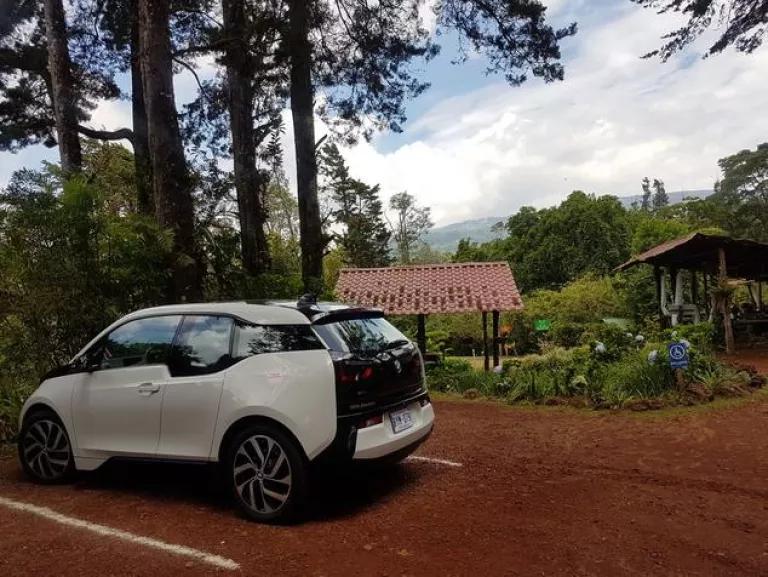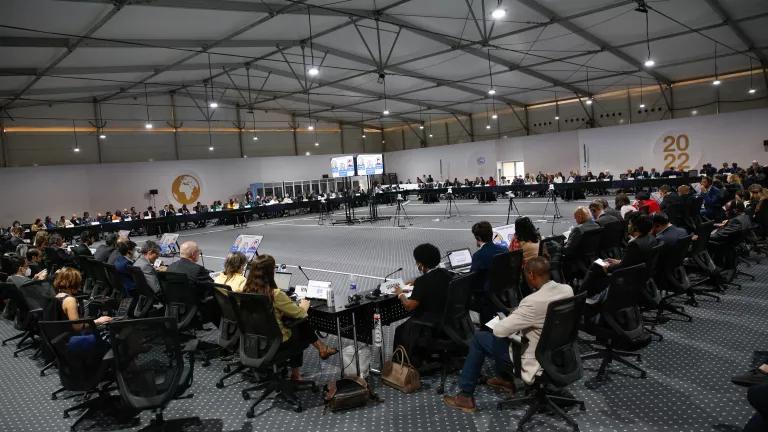Costa Rica Leads on Climate (Again) with Decarbonization

President Carlos Alvarado Quesada launched Costa Rica’s national Decarbonization Plan on February 24, 2019, once again establishing the Central American country as a global leader in ambitious policies to combat climate change. Building on the country’s previous goal of being carbon-neutral by 2021, this new plan outlines 10 major focus areas under which phased policies will be enacted to decarbonize by 2050. This in an opportune moment for Costa Rica to release this plan, as it gets ready to co-host the next United Nations climate conference (or COP25) with Chile in a little less than a year. And, it stands in stark contrast to three other countries in the Western Hemisphere who are moving backwards.
The plan has 10 focus areas falling under four categories: Transport and Sustainable Mobility; Energy, Green Building and Industry; Integrated Waste Management; and Agriculture, Land-Use Change and Nature-Based Solutions. It also includes eight “Cross-cutting strategies to catalyze change” that address important themes such as finance, education, inclusion, transparency, among others.
This forward-looking approach could not come at a better time.
We are at a moment when climate leadership in the Western Hemisphere is desperately needed, thanks to recent discouraging steps taken by leaders of the U.S., Mexico, and Brazil.
President Trump famously made the reckless decision to pull the U.S. out of the Paris Climate Treaty in August 2017. Several of his more recent steps to prioritize corporate profits over people and the planet include nonsensical rollbacks in energy efficiency regulations, retreating from clean car and vehicle efficiency standards, and weakening carbon pollution standards for coal plants.
Mexican President Andrés Manuel López Obrador (or AMLO) is also a champion of the fossil fuel industry. He cancelled the country’s upcoming clean energy auction. The Federal Electricity Commission’s 2019 budget includes nine times more funding for resuscitating coal plants than for renewables. His administration has also backed fracking as a “strategic technique” to obtain natural gas, despite his promise to prohibit the destructive practice on the campaign trail.
In Brazil, President Jair Bolsonaro has signaled repeatedly that he’ll remove protections for the Amazon and allow commercial exploitation of the rainforest. As the world’s largest terrestrial carbon sink, the Amazon rainforest is absolutely fundamental to the health of the earth—and the people that depend on it. Bolsonaro has also halted the country’s focus on developing clean energy, and withdrew Brazil’s bid to host the next climate summit.

Costa Rica’s new Decarbonization Plan is an example of what we need now.
Fortunately, most other American leaders know that it is critical to address climate change. Several countries in Latin America are among the most vulnerable countries in the world to climate impacts, with flooding, potable water and food shortages, wildfires, droughts, and catastrophic storms already wreaking havoc upon the land, wildlife and communities. A number of notable scientific reports published in 2018 (for example, here, here, and here) concluded that we only have a short time to act before those impacts worsen.
The good news is that it can be done, and much of the region is looking for smart, innovative solutions to the climate crisis. Costa Rica’s Decarbonization Plan is exactly the kind of policy that can set an example for others, by tackling a range of sectors, employing diverse strategies, setting periodic milestones, and requiring measurable metrics. As Costa Rica and Chile gear up to host COP25, this plan sets the bar for what other countries can—and must—do.




